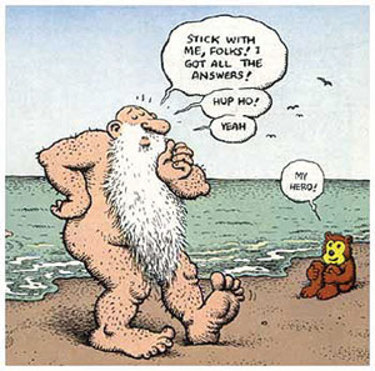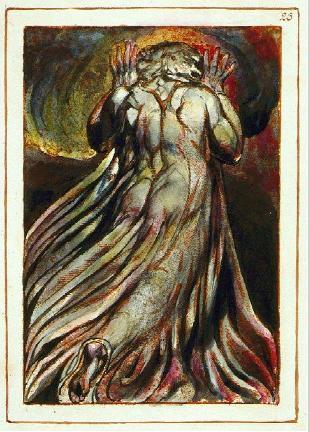
Recently I ran across the phrase, “The dark night of the soul.” It was being used to refer to being forlorn and alone and forsaken. Then finding a way back to yourself and life. Sort of the quintessential conversion experience. This is the conversion experience I find easiest to believe. The experience of the reformed addict or grief stricken person (to name a couple of examples).
I realized that I didn’t understand this phrase in this way. And that the reason was the Spanish mystic, San Juan de la Cruz (St. John of the Cross).

So I pulled out an old Classics of Western Spirituality edition of St. John of the Cross and began reading. I remembered reading some of his poetry and essays in my past. And I also remembered a different understanding of the phrase, “dark night of the soul.” One that finds not nihilism in the dark night, but a mystical redemption.
Sure enough there it was. The “dark night” seems to be an embrace of the monastic renunciation of not only life’s details and cares but also an embrace of nothingness that ends in an “ascent of the soul” to use San Juan’s phrase translated into English. Completely different from latter day nihilism.
I don’t think I was aware of St. John’s actual connection to St. Theresa of Avila who is another mystic I have read. I also think that I found similar stuff in the writings of my hero, Thomas Merton.

San Juan de la Cruz used to give novices copies of his picture of the “ascent of Mont Carmel.” There you can clearly see his positive embrace of nothingness.
Lower right hand corner: “To reach satisfaction in all desire satisfaction in nothing. To come to the knowledge of all desire the knowledge of nothing.. ” and so on. In the center you can read a series: “nothing nothing nothing nothing nothing nothing and even on the Mount nothing.”
This sounds very Zen to me.
For years I pursued a sort of lay monastic spirituality. I prayed my office and read many books including Merton and much of St. Benedict’s work. I’m not exactly sure how this stopped, but stop it did.
I guess I began to realize that I needed to connect to life in a different way. A more honest way.

But the lessons I learned from my years of praying the psalms and reading the saints is still in my soul however sheepish I am about Christianity and its mindless current incarnations.
I retain as much of its wisdom as I can while ducking out on the usual verbalizations. This is how I became closer to atheism.
Truly I think I am agnostic. This is probably as close as I can get to belief.
Also like San Jan de la Cruz I didn’t renounce this stuff. Rather I lived through it. Now somehow it’s part of me.
I realize this when I read this recently in Merton:
-“The monk is not defined by his task, his usefulness. In a certain sense he is supposed to be ‘useless’ because his mission is not to DO this or that job but to BE a man of God. He does not live in order to exercise a specific function: his business is life itself. This means that monasticism aims at the cultivation of a certain quality of life, a level of awareness, a depth of consciousness, an area of transcendence and adoration….”
Thomas Merton, Contemplation in a World of Action

I know that I think much more about being than doing and more about doing than reflecting. I think this is something I learned from the mystics, Christian and otherwise.
It frustrates and amuses me to see myself drawn back into a conscious relationship with Christianity.

Nothing doesn’t seem to fit as a descriptive word. Is the translation correct? After all, words in describing nothing has a lot of interpretations. Does it mean “it doesn’t matter”? It seems to me that the finality of the end or death leads to nothing in an one interpretative sense, but to what end?
The original Spanish word is indeed “nada.”
Here’s a link to a Spanish web site with some of the original poems and a copy of the original drawing:
http://tradicionesdesabiduria.blogspot.com/2009/07/de-la-nada-al-todo-juan-de-la-cruz.html
Apparently San Juan de la Cruz made many of them.
Like I say in my blog, this is not nihilism. More of a mystical understanding of letting go of everything. (My interp)
I prefer the real Mr. Natural, but this cartoon you have posted here is “Right Arm!” You would enjoy him. He has been known to play church music, sort of, on occasion.
http://www.mrnatural.net
Aloha from the non-haole who is in Hawaii right now
Aloha Franis! Thanks for stopping by and commenting. And thanks for the link!